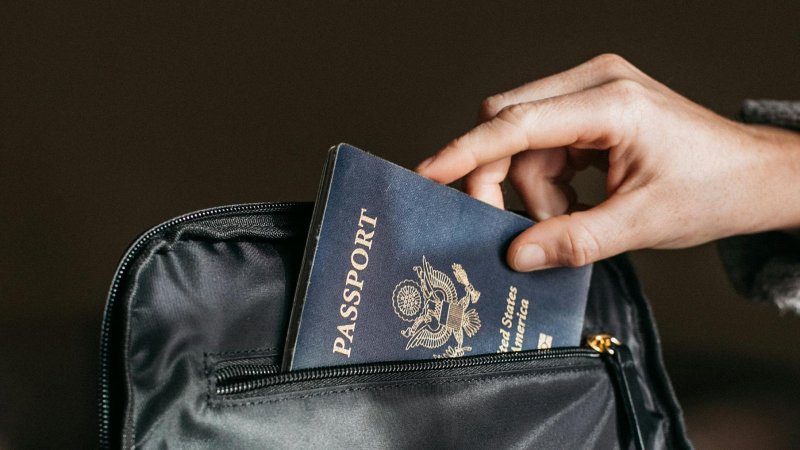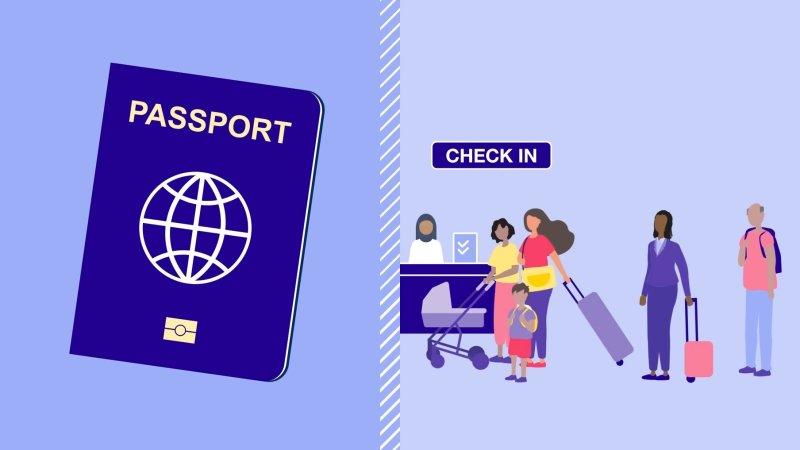Planning a trip to the UK? Before you go, you'll need to answer some key UK ETA questions as part of your travel authorization. So, you may wonder: What questions are asked on the UK ETA application? In this guide, we’ll break down the 8 main question categories, from personal details to past travel history, so you know exactly what to expect—and how to avoid mistakes.
UK ETA questions in 8 steps
What questions are asked on the UK ETA application? The UK ETA questionnaire is structured to verify an applicant’s identity, assess their travel intentions, and determine any potential risks they might pose to national security. Below are the primary areas you may face in the application:
Personal information
Passport details
Travel intentions
Criminal history
Immigration history
Public good and conduct
Litigation costs
Previous ETA or visa applications
Here are the details you should know about UK ETA questions.
Personal information
Applicants must provide:
Full name
Date of birth
Contact details (email and phone number)
These details help confirm the applicant’s identity and ensure that any necessary communication regarding the application can be made promptly.
Passport details
Since the UK ETA is electronically linked to the traveler’s passport, applicants must submit accurate passport information, including:
Passport number
Issuing country
Expiry date

Providing incorrect passport details could result in the ETA being invalid or denied upon entry.
Travel intentions
Applicants must specify the purpose of their visit. The UK ETA is intended for travelers visiting for short-term reasons such as:
Tourism
Visiting family or friends
Business engagements (short-term, non-employment-related)
Creative work (if eligible)
Clearly stating the travel purpose helps UK authorities determine if the ETA aligns with the traveler’s intended activities.
Criminal history
To maintain public safety, applicants are required to disclose past criminal convictions, particularly:
Custodial sentences of 12 months or more
Any convictions within the past 12 months, regardless of sentence length
Failure to declare relevant criminal history can lead to application refusal and further restrictions on future UK travel.
Immigration history
Applicants must answer questions about their previous interactions with immigration authorities, including:
Overstaying visas or permissions in the UK
Illegal entry into the UK
Use of deception in past immigration applications
A history of immigration violations may impact the approval of the ETA application.

Public good and conduct
The UK government considers an applicant’s associations and behaviors to ensure they align with public safety and national interests. Questions in this section cover:
Links to criminal organizations
Involvement in activities deemed harmful to the UK’s interests
Any affiliations that pose a risk to national security can lead to immediate refusal.
Litigation costs
Applicants must declare any unpaid litigation costs owed to the UK Home Office. This ensures compliance with previous legal and financial obligations related to immigration matters.
Previous ETA or visa applications
To assess an applicant’s history with UK immigration, the ETA application includes questions on:
Previous ETA cancellations
Refusals of entry clearance or visitor permission
If an applicant has a history of ETA or visa refusals, it may affect their eligibility.
Consequences of false or misleading information
Providing false, misleading, or incomplete information can lead to immediate refusal, future travel bans, or even legal consequences for misrepresentation. To ensure a smooth application process, applicants should review their responses thoroughly before submission.
Do I need ETA for UK? Check with our tool.








